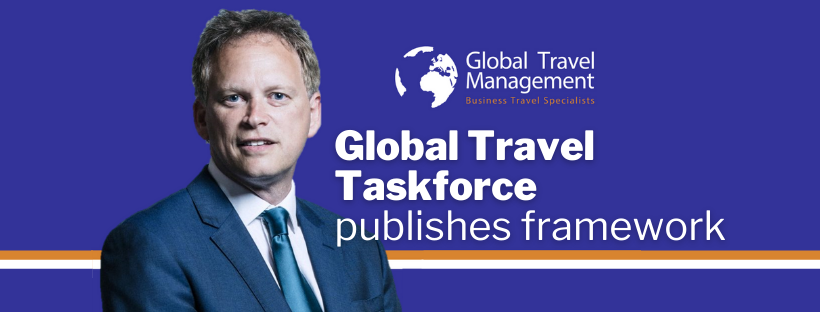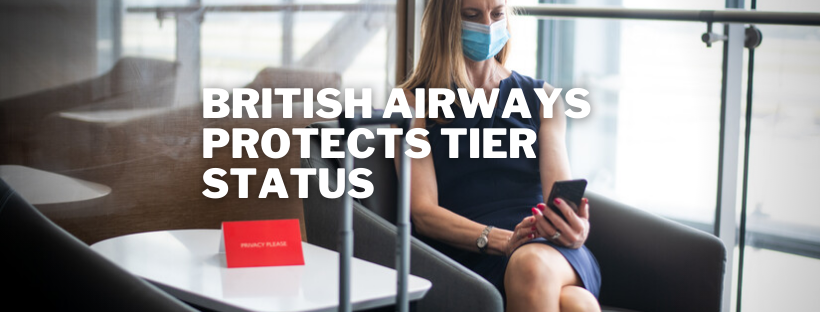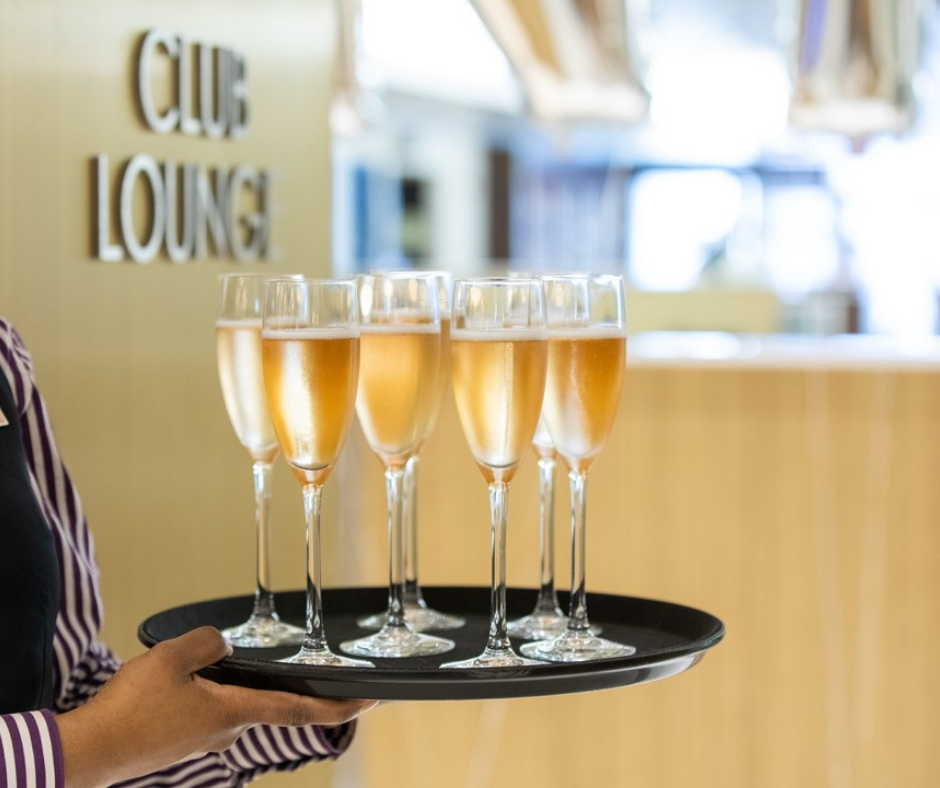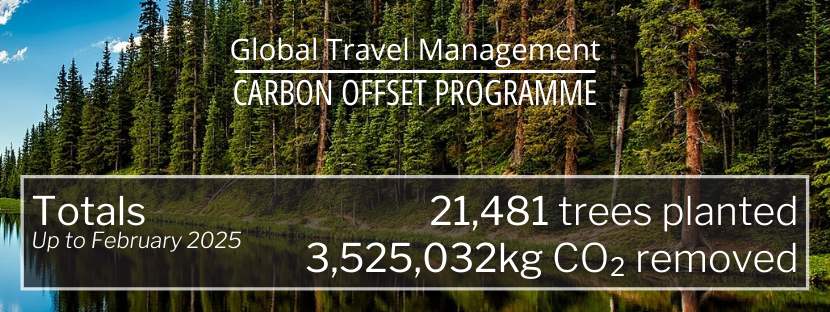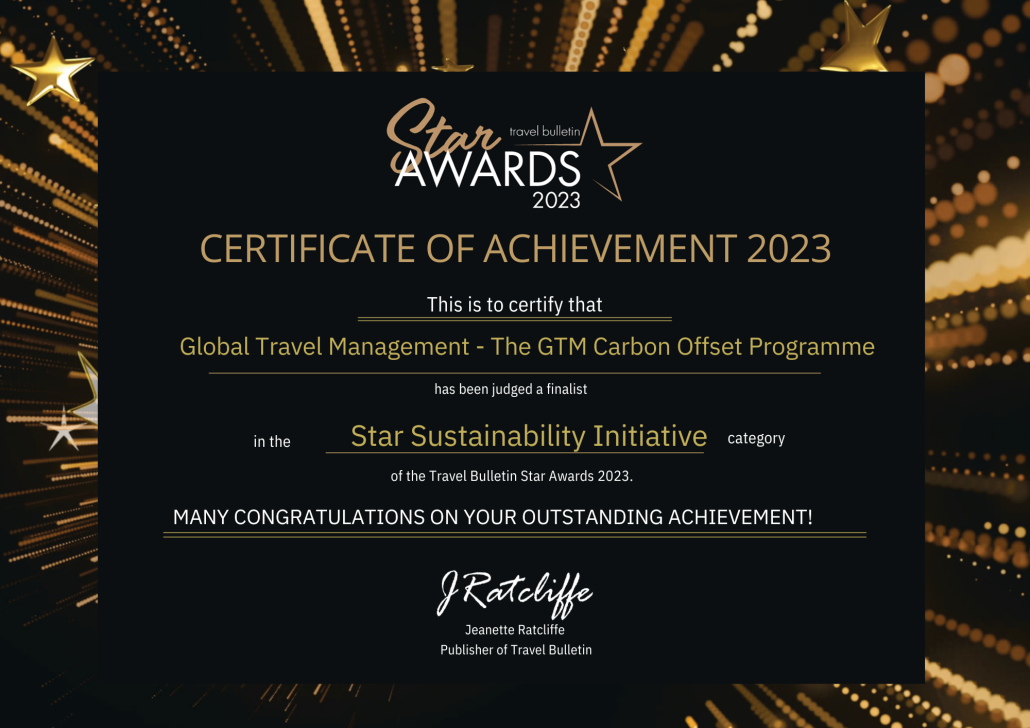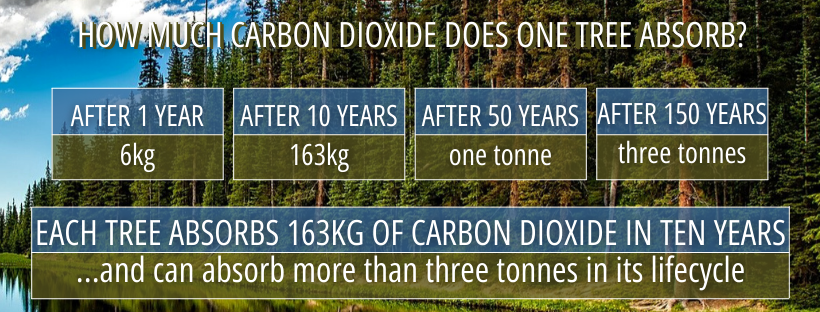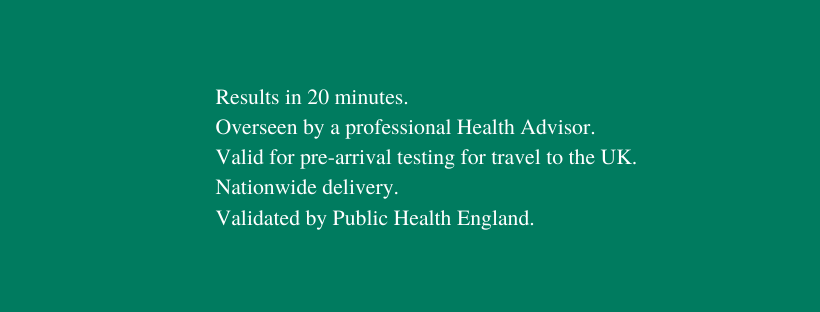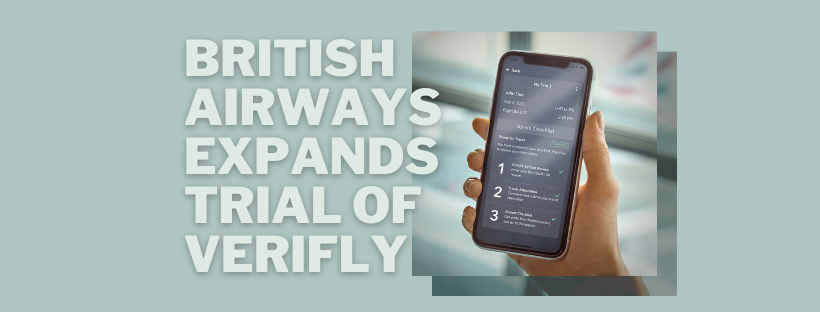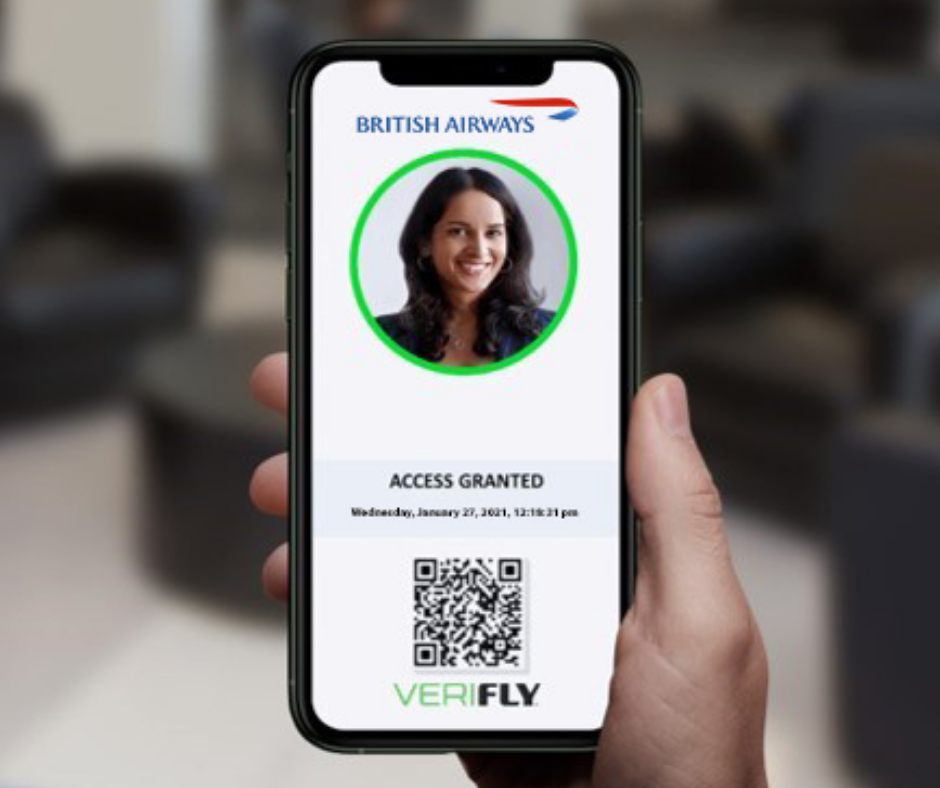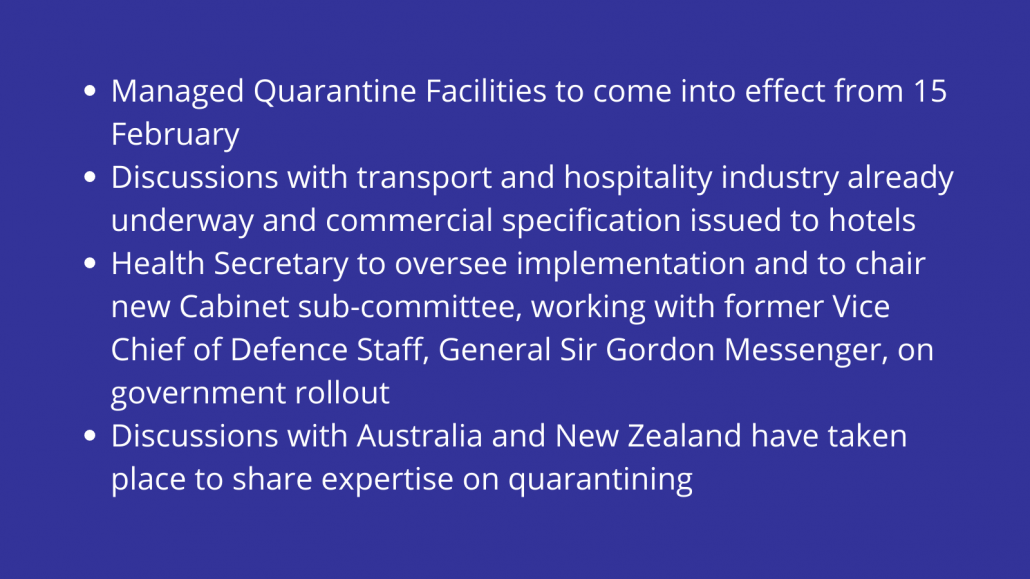Global Travel Taskforce sets out framework
A framework to chart the safe return of international travel has been set out today (9 April 2021) by Transport Secretary Grant Shapps.
A traffic light system, which will categorise countries based on risk alongside the restrictions required for travel, will be set up to protect the public and the vaccine rollout from international Covid-19 variants.
Key factors in the assessment will include:
- the percentage of their population that have been vaccinated
- the rate of infection
- the prevalence of variants of concern
- the country’s access to reliable scientific data and genomic sequencing
The report, produced by the Global Travel Taskforce, shows how international leisure travel could resume from 17 May 2021 at the earliest, in an accessible and affordable way. This includes the removal of the permission to travel form – meaning passengers would no longer need to prove they have a valid reason to leave the country.
The risks posed by Covid-19 variants remain significant, and restrictions for inbound passengers, such as 10-day managed quarantine, home quarantine and stringent testing will remain in place, but will apply to people differently depending on whether the destination visited is categorised as ‘green’, ‘amber’ or ‘red’.
- Green: arrivals will need to take a pre-departure test as well as a polymerase chain reaction (PCR) test on or before day 2 of their arrival back into the UK – but will not need to quarantine on return (unless they receive a positive result) or take any additional tests, halving the cost of tests on their return from holiday
- Amber: arrivals will need to quarantine for a period of 10 days and take a pre-departure test, and a PCR test on day 2 and day 8 with the option for Test to Release on day 5 to end self-isolation early
- Red: arrivals will be subject to restrictions currently in place for ‘red list’ countries which include a 10-day stay in a managed quarantine hotel, pre-departure testing and PCR testing on days 2 and 8
Testing remains an essential part of protecting public health as restrictions begin to ease, with all arrivals who are not exempt required to book a pre-departure, day 2 and day 8 test before travelling.
Arrivals travelling from ‘red list’ countries should book a quarantine package before departure, and arrivals from ‘amber’ and ‘green’ countries will be required to book test packages before travelling from one of the government’s approved list of providers.
Testing post-arrival remains an important tool in wider measures to manage the risk of imported cases allowing the monitoring of positive tests and ensure people isolate, as well as identifing and genomically sequencing variants of concern.
It is too early to predict which countries will be on which list over the summer, and the government continues to consider a range of factors to inform the restrictions placed on them. The government has committed to set out by early May which countries will fall into each category, as well as confirming whether international leisure travel can resume from 17 May 2021.
Transport Secretary Grant Shapps said:
International travel is vital – it boosts businesses and underpins the UK economy – but more than that, it brings people together, connects families who have been kept apart, and allows us to explore new horizons.
The framework announced today will help allow us to reopen travel safely and sustainably, ensure we protect our hard-won achievements on the vaccine roll out, and offer peace of mind to both passengers and industry as we begin to take trips abroad once again.
The UK will also play a leading role in the development of international standards around a digital travel certification system. The Department for Transport (DfT) is working across government to consider the role certification could play in facilitating outbound travel, for those countries which have systems in place. Work also continues to develop a system that would facilitate travel certification for inbound international travel.
To give passengers more certainty when travelling, a ‘green watchlist’ will be introduced to help identify countries most at risk of moving from ‘green’ to ‘amber’. The watchlist will provide greater assurance for those who wish to travel abroad.
While the watchlist will warn travellers of potential changes in advance, the government will not hesitate to act immediately should the data show that countries risk ratings have changed.
The allocation of countries will be kept under review and respond to emerging evidence, with a particular focus on variants of concern.
Restrictions will be formally reviewed on 28 June 2021 to take account of the domestic and international health picture, and to see whether current measures could be rolled back. Further formal reviews will take place at checkpoints no later than 31 July and 1 October 2021.
To ensure the UK’s borders remain safe and efficient when passenger flows increase, the government has also announced plans to digitise the passenger locator form, integrating it into the UK border system and enabling checks to take place at e-gates ‘by autumn 2021’.
To further boost consumer confidence, the Civil Aviation Authority (CAA) will be given additional enforcement powers to act on airlines that have breached consumer rights, with a dedicated consultation on how to use additional tools to enforce consumer rights expected later this year.
Global Travel Management will continue to provide updates to customers via this website, the GTM Twitter, Facebook and LinkedIn pages and regular email notifications.
You can download the Global Travel Taskforce report here and access the appendix to the report here.

